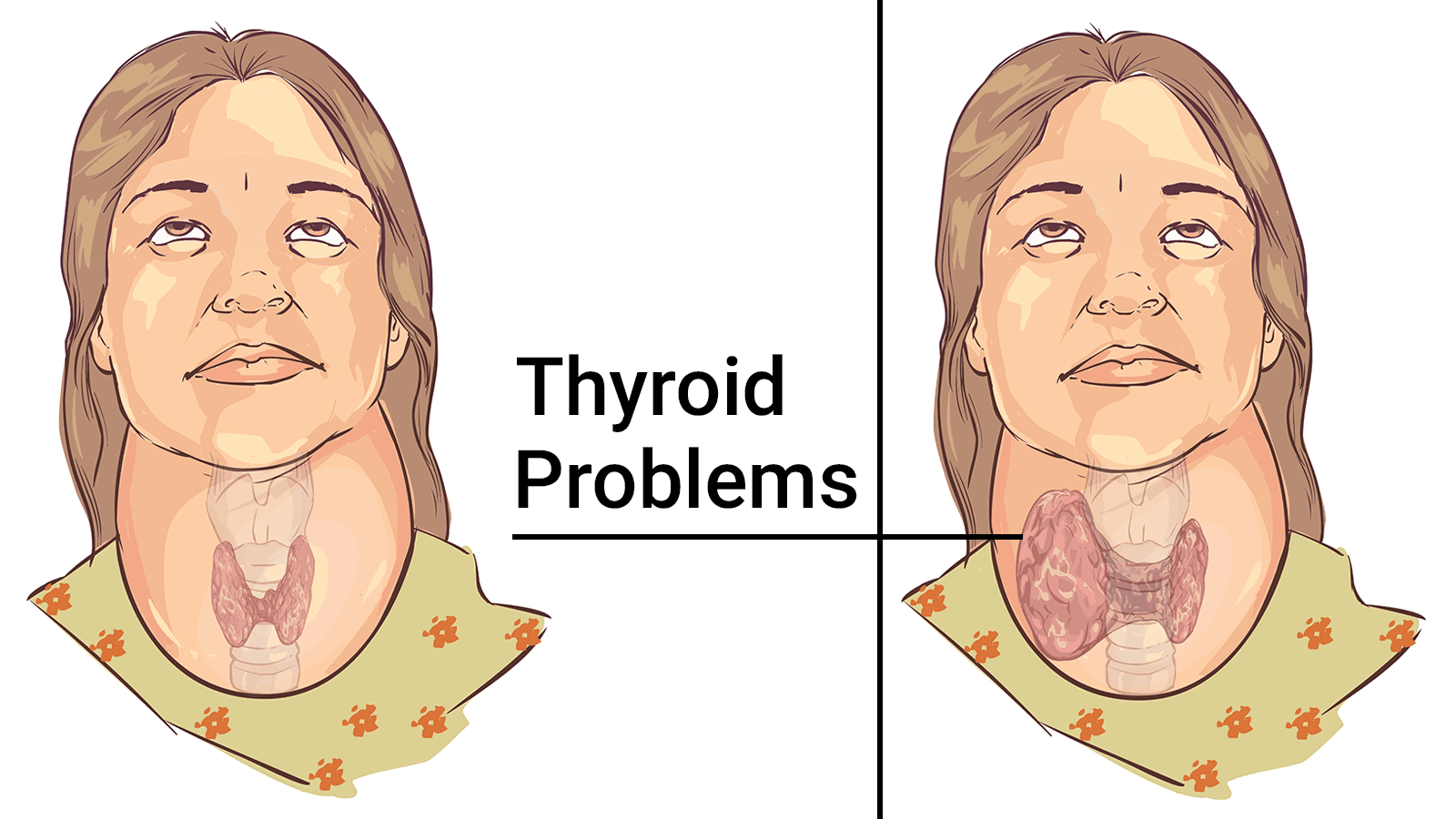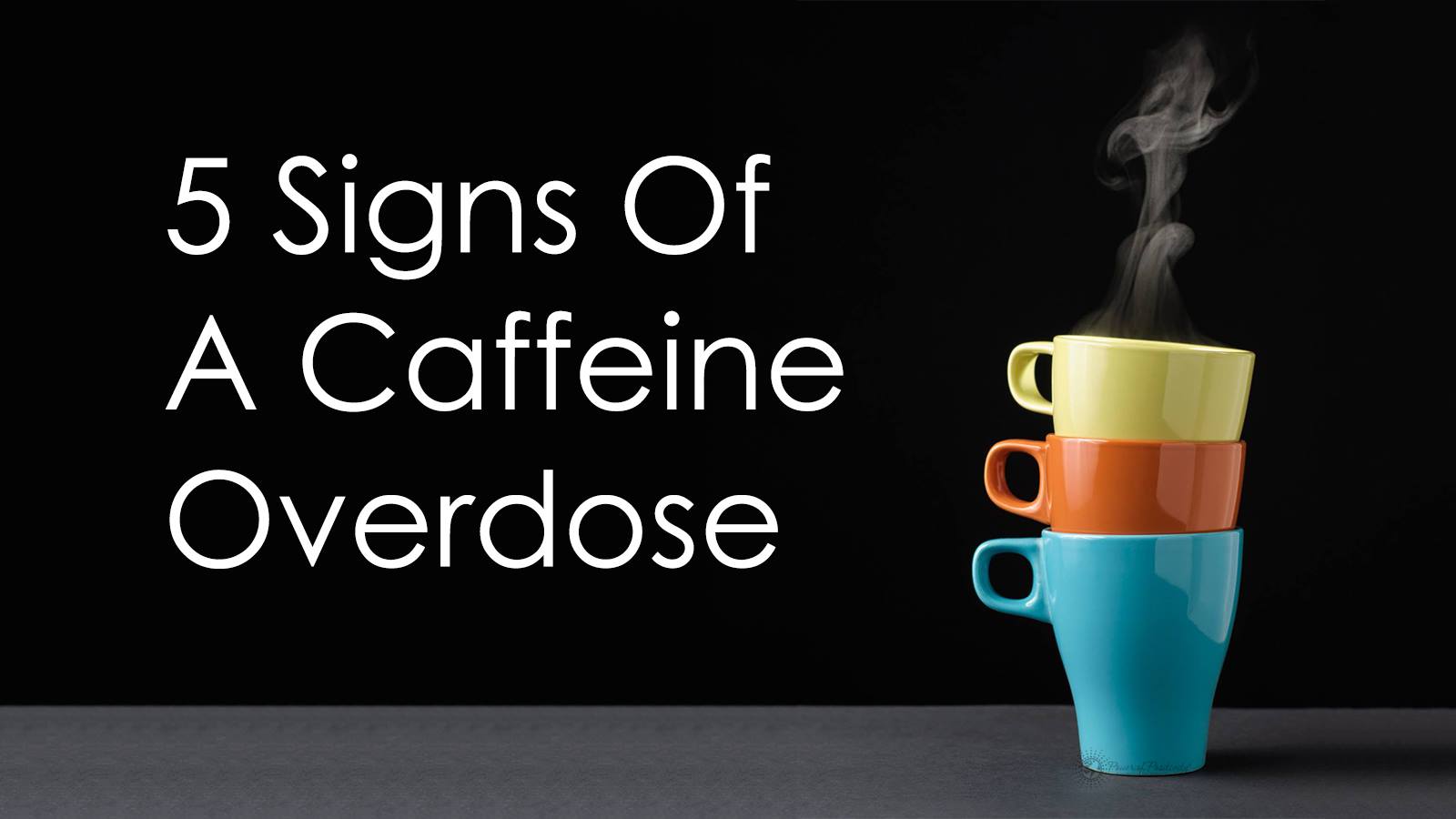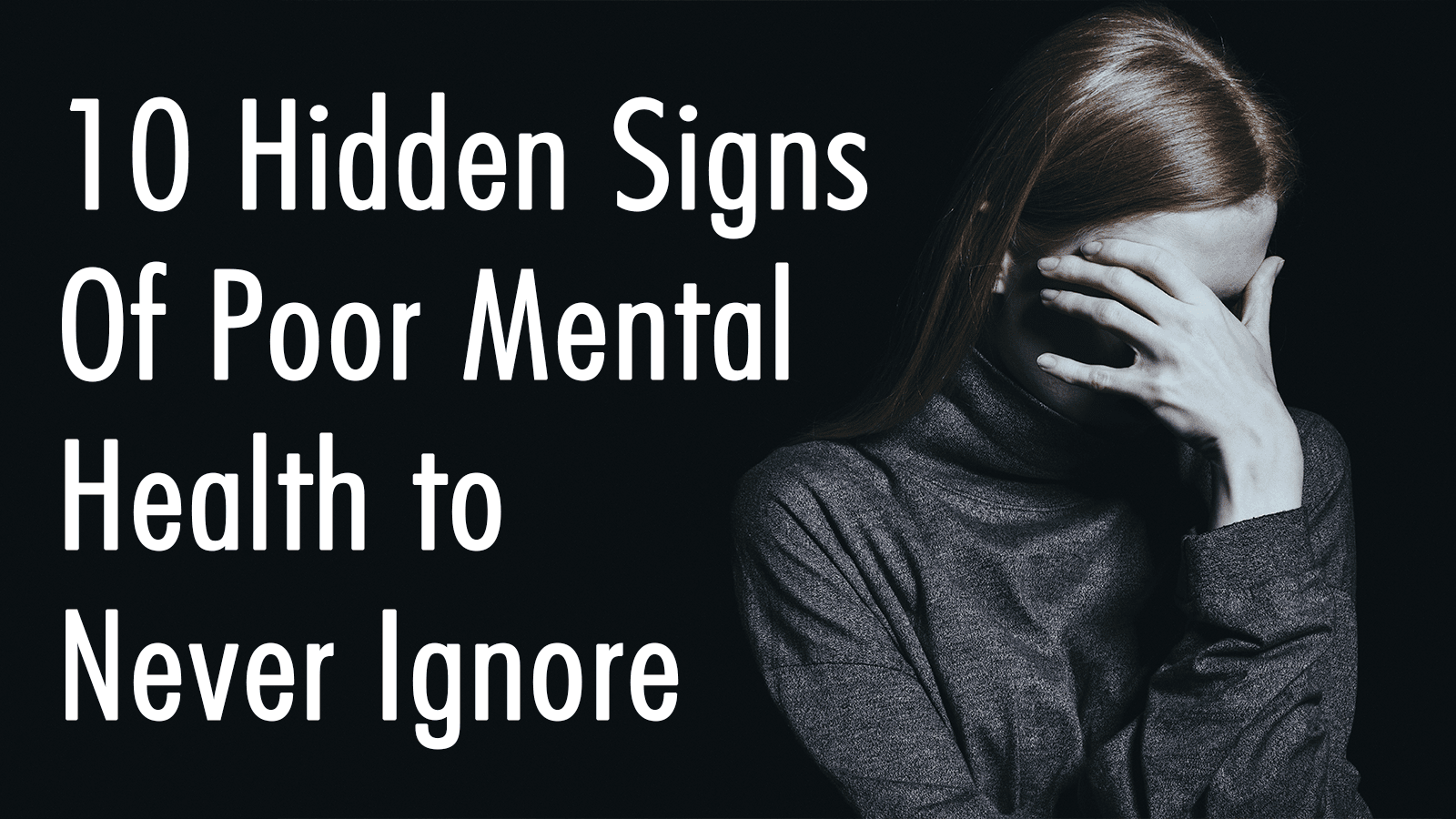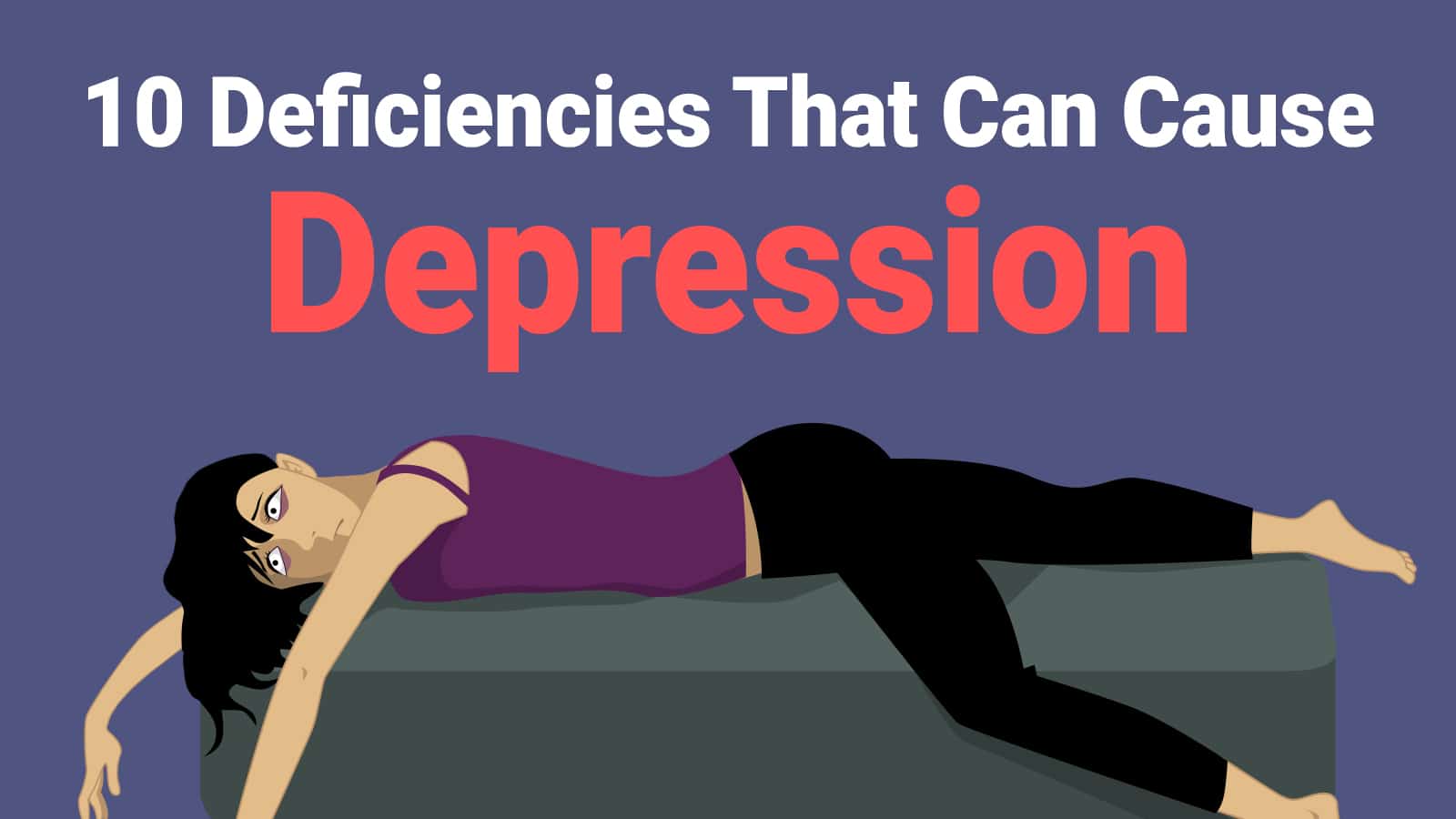Could the foods you eat impact your memory?
“I don’t remember.” If you find yourself saying this often or your new hobby seems to be walking into a room only to forget why you’re there, take heart. Everyone gets a bit more forgetful as they age and it isn’t necessarily cause for concern. It is frustrating, however.
The good news is you have options rather than just writing everything down. Try these fifteen foods to boost your memory.
15 Foods to Boost Your Memory
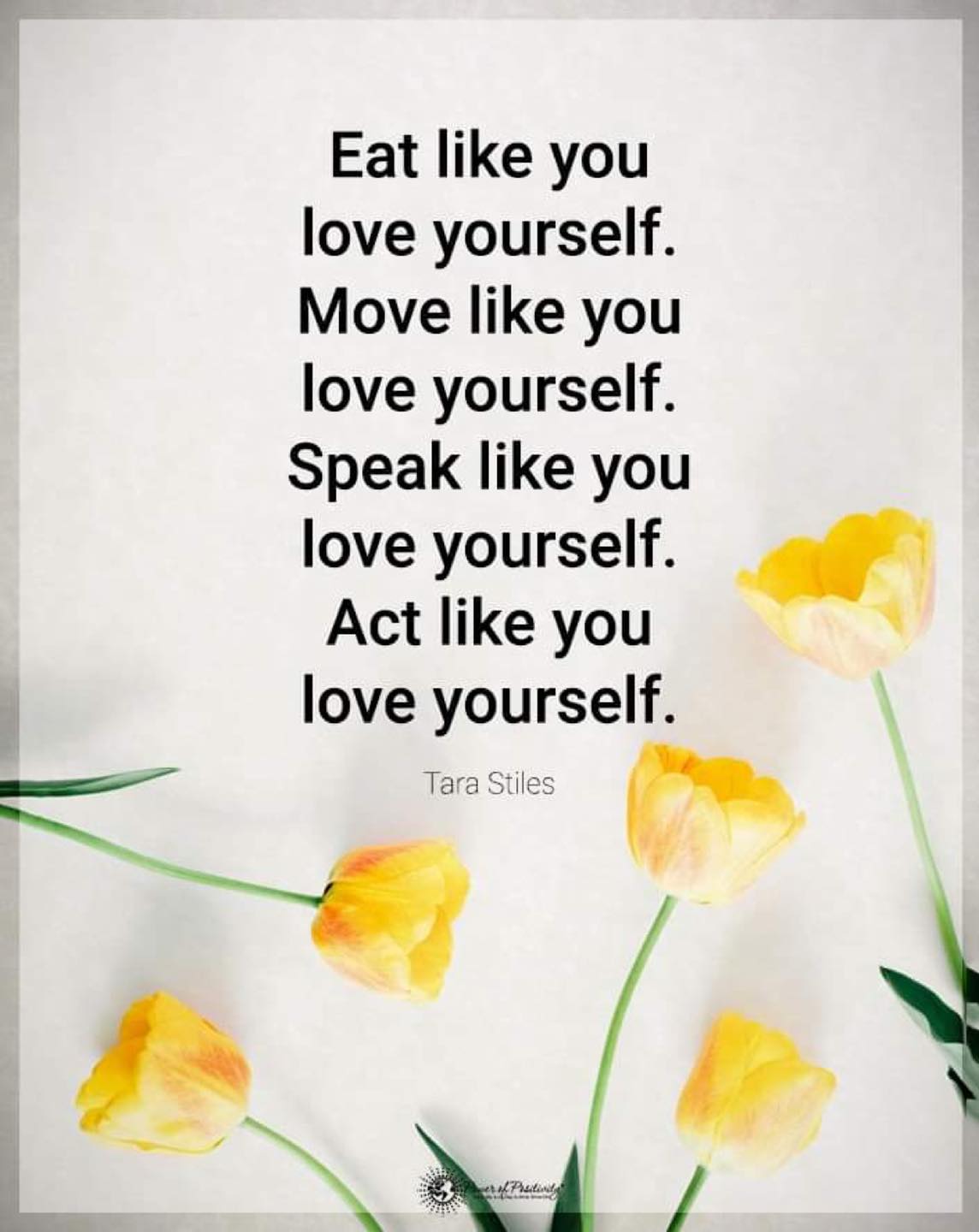
1. Fish
Sixty percent of your brain is made of fat, which is what your body uses to produce more grey matter. Grey matter is where most of your nerve cells live, and people with more of it have better memories. They also tend to eat more fish high in omega-3 fatty acids, like salmon and trout.
2. Avocados
Like fish, avocados are full of good fats. In fact, a South African study showed that avocado leaves increase the number of neurotransmitters in the brain. This fruit also contains lots of memory-improving vitamin K.
3. Blueberries
Free radicals are electrically charged particles that form in the body during metabolism. They then travel around the body, damaging healthy cells. Blueberries are full of the antioxidants that stop these free radicals from running amok. Some of the antioxidants in blueberries tend to gather in the brain, where they stop free radicals, improve communication between brain cells and delay memory loss.
4. Turmeric
Like blueberries, this yellow spice is full of antioxidants. It also boosts the hormones that help brain cells grow and increases the flow of oxygen to your brain.
5. Broccoli
The word of the day is antioxidants, and broccoli, too, is full of them. It’s also an excellent source of vitamin K, which studies have linked to better memory in older adults. There are even some who believe vitamin K is “the best vitamin for memory and focus.”
6. Spinach
Spinach, too, is an excellent source of vitamin K. This leafy green also brings vitamin A to the party, which helps reduce troublesome inflammation in brain cells.
7. Pumpkin Seeds
Pumpkin seeds are heavy hitters in the brain health department. They contain lots of zinc, magnesium, copper and iron, all of which play vital roles in brain health. Zinc is necessary for generating nerve signals and copper is vital for controlling them. Magnesium supports learning and memory, and doctors have linked a lack of it to several neurological diseases. Iron deficiencies leave people in a fog.
8. Coffee
Nonbelievers may not think you really struggle to function without your morning Joe, but science does. Studies show that people exhibit better focus after a cup of coffee. Drinking coffee over the long-term may reduce the risk of Alzheimer’s disease as well.
9. Dark Chocolate
In addition to boosting your mood, the antioxidants in dark chocolate protect brain cells from free radicals and inflammation. This can help you learn and remember more. Beware of overprocessing, however, which decreases these benefits. Choose chocolates containing at least 70 percent pure cocoa.
10. Walnuts
Walnuts contain antioxidants, including vitamin E and omega-3 fatty acids. Just one walnut a day may be enough to improve your brain function and help ward off Alzheimer’s disease.
11. Eggs
Science may not know whether the chicken came before or after the egg, but they do know that eggs are full of choline, folate and B vitamins. Choline helps the body create neurotransmitters and folate is often found lacking in Alzheimer’s patients and those with memory issues. Vitamin B improves memory as does vitamin D, which eggs also contain in abundance.
12. Beets
Beets aren’t Mother Nature’s most popular vegetable, but perhaps they should be. Extremely nutritious, beets are full of antioxidants, help prevent cancer and remove toxins from the body. They also contain nitrates that improve blood flow to the brain. You may not love them, but they are one of nature’s best foods.
13. Oranges
Vitamin C isn’t just for fending off colds. The vitamin helps protect against the mental decline that often comes with aging. If you’re not a fan of citrus, you can get your vitamin C from other foods, including kiwis, strawberries, tomatoes and bell peppers.
14. Olive Oil
This one’s tricky. Olive oil contains special antioxidants called polyphenols that are champs at fighting age-related mental decline. It also fights certain toxins in the brain that may foster Alzheimer’s disease. The catch? Olive oil loses most of these benefits when heated, so cooking with it doesn’t help. You can instead drink it (no thanks) or drizzle it over salads and other foods for a brain health boost.
15. Red Wine
Looking for a reason to enjoy a glass of red wine? Antioxidants! Just limit yourself to one glass a day so you get the brain benefits without experiencing alcohol’s potentially negative effects.
The foods you eat fuel your body and impact it in numerous other ways. If your memory isn’t what it used to be, these 15 foods may be able to help. You may want to print this list and put it on your fridge, though, so you don’t forget which things you should be eating.



